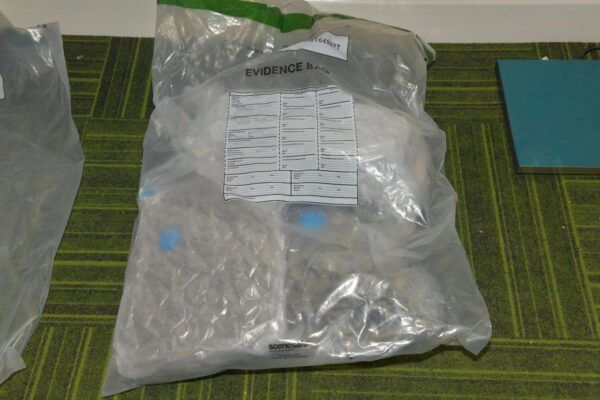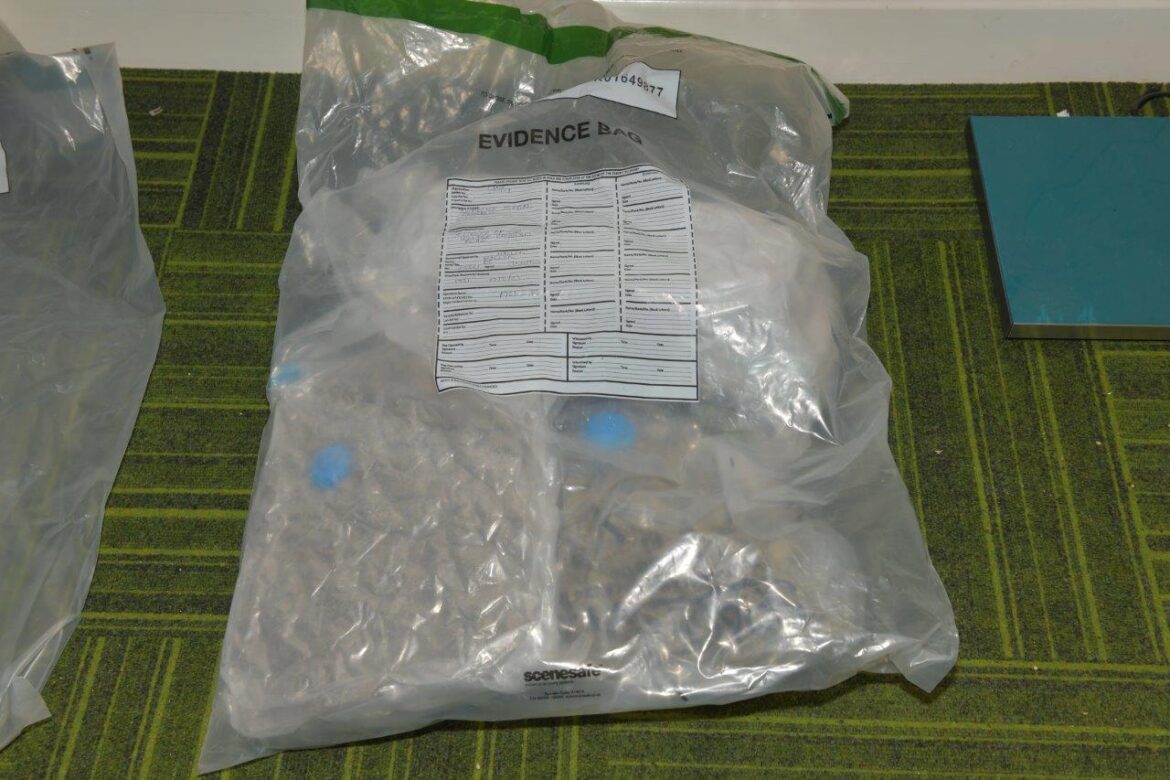 SDLP Foyle MLA and Chair of the APG on Addiction and Dual Diagnosis Mark H Durkan has called for a meaningful way forward to address the escalating crisis of drug related deaths in Northern Ireland.
SDLP Foyle MLA and Chair of the APG on Addiction and Dual Diagnosis Mark H Durkan has called for a meaningful way forward to address the escalating crisis of drug related deaths in Northern Ireland.
A report led by Professor Anne Campbell of Queen’s University in Belfast, has shown that drug-related deaths here have almost trebled in a decade.
Speaking at the launch of the report at today’s Drug Related Deaths and Non-Fatal Overdose – A Health Crisis event hosted by the Northern Ireland Alcohol and Drug Alliance (NIADA), Mr Durkan said:
“There is still some way to go in terms of destigmatising addiction and improving outcomes for the many people across our society who struggle with it.
“The vision of the APG in Addiction and Dual Diagnosis established by the SDLP in 2020, was to deliver cross-party and cross-departmental working that will ensure effective models of care that will properly support individuals during the lowest points in their lives.
“At the moment, there are too many vulnerable people falling through the gaps of addiction support services. As a result, we’re witnessing a frightening trajectory in terms of the number of drug-related deaths.
“Last year, 212 people lost their lives due to drug and substance misuse – that’s hundreds of families across the North grieving the loss of a loved one.
“This health crisis is wreaking havoc on communities, yet addiction and mental illness remain a harrowing feature in the lives of so many people here.
“It’s a cycle that can prove difficult to escape, especially for those suffering a socio-economic disadvantage.
“Those brave enough to seek support often find they’re forced from pillar to post, in efforts to find meaningful and appropriate services. That’s why signposting in itself isn’t enough.
“It’s crucial that we tackle the siloed approach, not only within government departments but also in the way data observing drug trends, demographics and individual risk factors, are recorded.
“Collaborative work involving government departments, the PSNI, the public and local organisations is the only way to achieve tangible results for people suffering from co-occurring mental health and addiction issues – for their families and for our communities.
“People must be able to get the help they need, when they need it.”
Tags:





